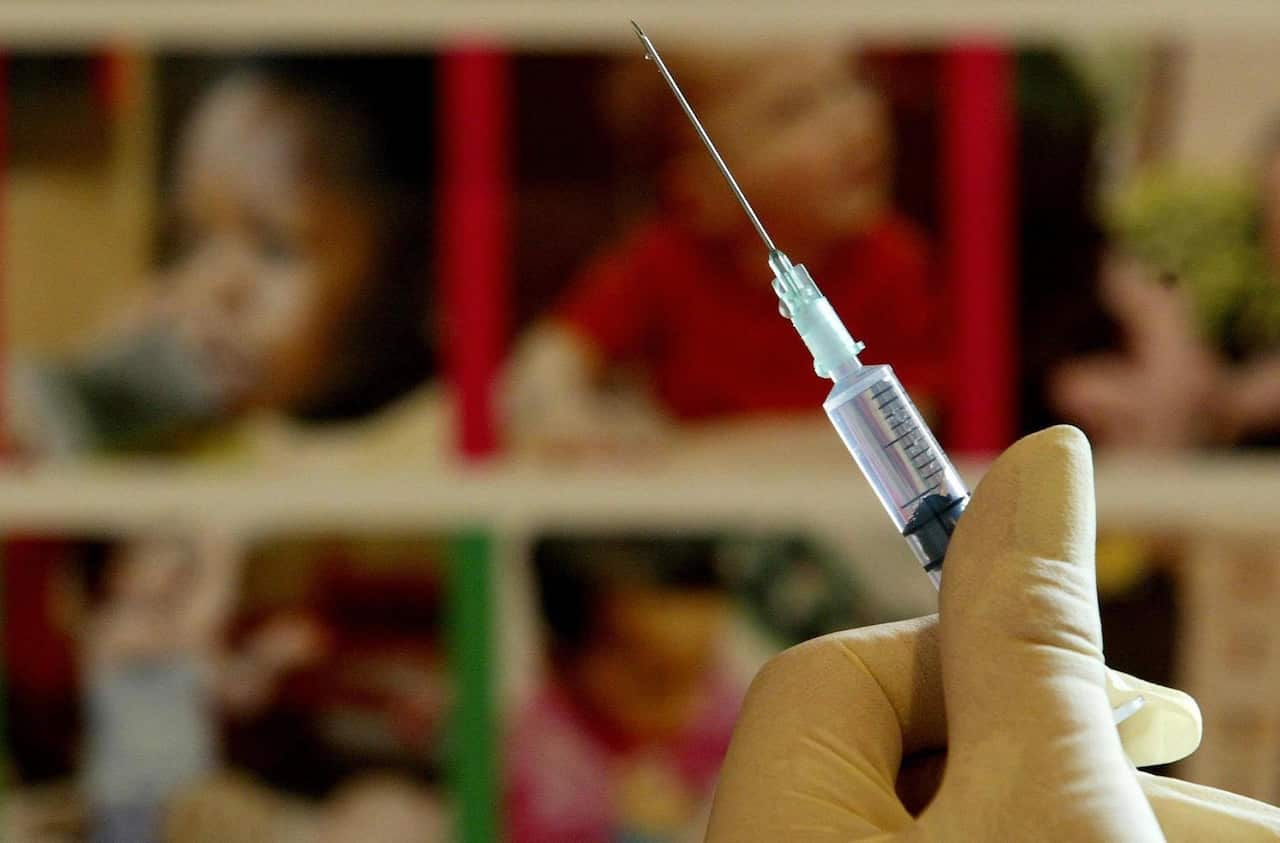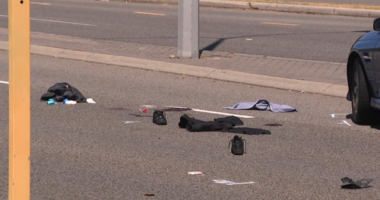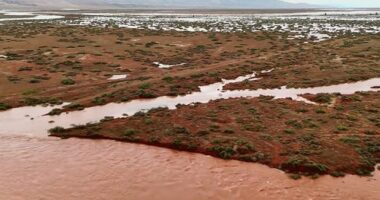Share this @internewscast.com
In 2024, Australia witnessed more than 57,000 whooping cough cases — the highest annual count since 1991 — with 25,900 reports in New South Wales alone.
What is causing the current surge?
And it’s not only Australia witnessing this surge.
Even small declines may have a significant impact on infection rates.
Who is at risk of whooping cough?
However, the majority of cases are seen in older children and adults. Notably, in 2024, over 70 percent of the cases were among those aged 10 and above, including adults.
Can you get whooping cough even if you’re vaccinated?
A booster dose is also recommended every ten years for health-care workers and early childhood educators.

The whooping cough vaccine works well, but its protection fades with time. Source: AAP / PA/Alamy
One of the best ways we can protect babies from the life-threatening illness of whooping cough is vaccination during pregnancy, which transfers protective antibodies to the unborn baby.
If a woman has not been vaccinated during pregnancy, it is recommended to administer the vaccine as soon after childbirth as possible, preferably before leaving the hospital. While this does not confer direct immunity to the baby, it reduces the chances of the mother contracting whooping cough, thereby providing some indirect protection to the newborn.
How contagious is whooping cough?
If you’re immunised against whooping cough, you’re likely to have milder symptoms. But you can still catch and spread it, including to babies who have not yet been immunised.
This highlights the importance of on-time vaccination not just during pregnancy, but also in siblings and other close contacts.
How do I know it’s whooping cough, and not just a cold?
In very young babies, there may be no whoop at all. They might briefly stop breathing (called an “apnoea”) or turn blue.
You’ll need to stay home from work, school or childcare during this time to help protect others.













